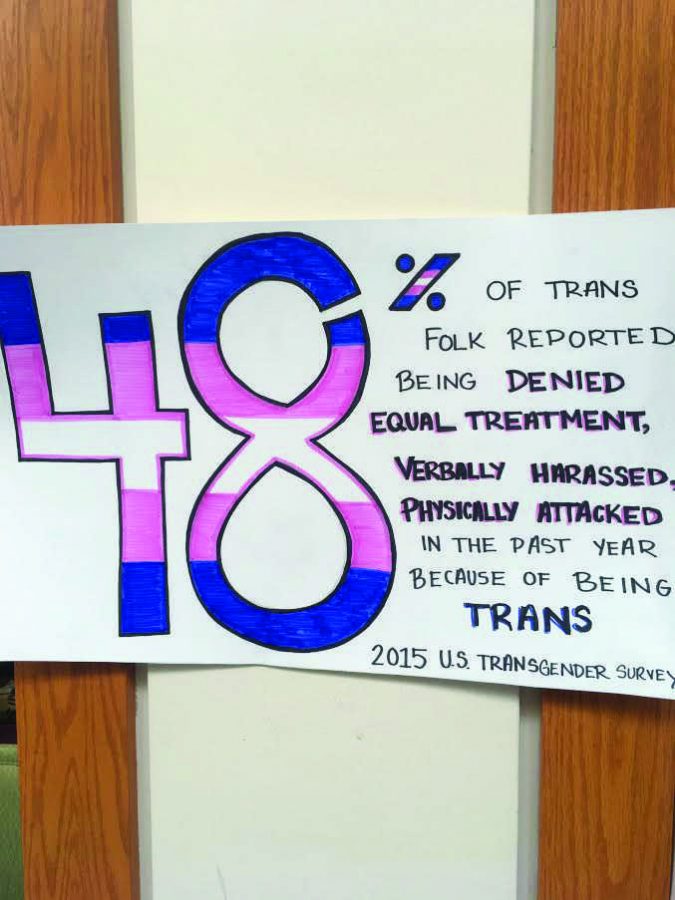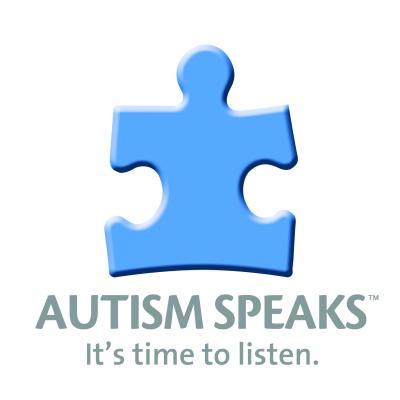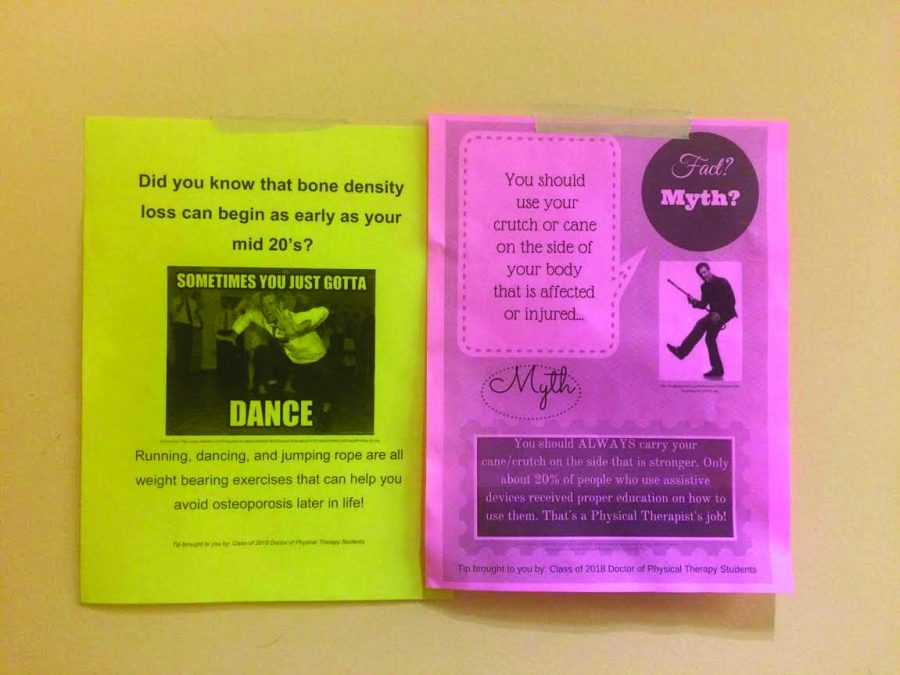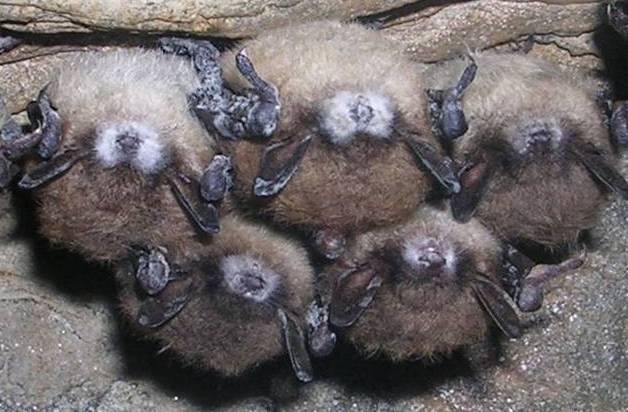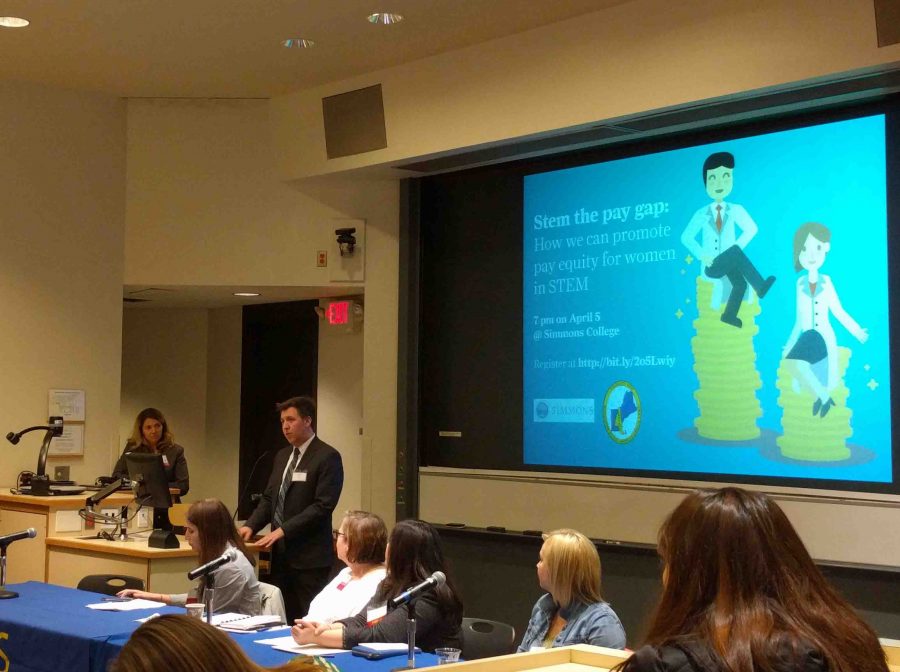Can it increase mistrust toward vaccinations?
By Roxanne Lee
Staff Writer
Ever since Andrew Wakefield released falsified studies linking autism and vaccines in 1998, public distrust toward vaccinations greatly increased, to the point that many parents refuse to let their children be vaccinated. The decision not to vaccinate has led to outbreaks of borderline eradicated diseases in the U.S. in vulnerable populations.
For example, there were 189 recorded cases of measles in 2015, and a multi-state outbreak at a theme park in California, possibly from a measles outbreak in the Phillipines in 2014 brought back by a traveler, though no source was determined. The study was retracted in 2010 and has been debunked multiple times since. Wakefield has also had his medical license revoked over ethics violations, among other reasons.
Controversy around his falsified reports and faulty information about vaccines may have been stirred up yet again. “Vaxxed: From Cover-Up to Catastrophe” is an anti-vaccine documentary directed by Andrew Wakefield about the proven false link between vaccines and autism. The film attempts to create fear and paranoia around the CDC and pharmaceutical companies, as well as vaccines.
Producer Del Bigtree told health news website STAT in an interview that the film was not anti-vaccination, just against the MMR vaccine. The MMR vaccine for measles, mumps, and rubella has been shown to be safe in many large-scale studies.
The film was set to premiere at the Tribeca Film Festival in New York, which premieres April 13, but was retracted after a slew of doctors and health professionals objected. The choice to screen the film was initially supported by Tribeca Film Festival cofounder Robert De Niro, but after the onslaught of criticism from health officials, he changed his mind and had the film pulled from the line-up. This is not the end for “Vaxxed,” however, as it premiered at New York’s Angelika Film Center on April 1.
Vaccines are essential to living a healthy life. They stimulate the immune system to produce antibodies without giving the actual disease. This way, if a person comes in contact with the real disease, the body will know what antibodies to produce and can produce them immediately. This is active immunity.
Passive immunity is when newborns are born with antibodies passed to them from their mothers from the placenta, so they are born with immunities to certain diseases such as measles, mumps ,and rubella.
However, passive immunity quickly wears off, lasting only a few weeks or a month. Babies are left vulnerable for a critical part of early development before they’re old enough for all vaccinations, and this is why herd immunity is so important.
Herd immunity is general immunity to a pathogen based on the immunities of those around you. For young children, and other subsets of the population who can’t get vaccinated, herd immunity protects them by ensuring they can’t catch a pathogen from the people around them.
It would be logical to conclude that after so many studies denouncing the retracted report, there would be country-wide understanding of vaccines and how they do not cause autism, but that is not the case, as evidenced by “Vaxxed” being backed by such big names as De Niro, at least initially, and the documentary’s $400,000 in donations.
Studies have shown that it is incredibly difficult to change people’s minds about faulty information. People are more persuaded by facts they hear more often, and the human brain has a hard time remembering negations. Efforts to make people stop believing false information can be further hampered by the backfire effect, which is the tendency for people to, when their beliefs are challenged by contradictory evidence, hold on to their beliefs even more. And when the subject is as emotionally charged as people’s children and autism, convictions are even harder to change.
Despite years of work to prove otherwise, misunderstandings and distrust surrounding vaccinations don’t seem like they’ll be going anywhere anytime soon.














